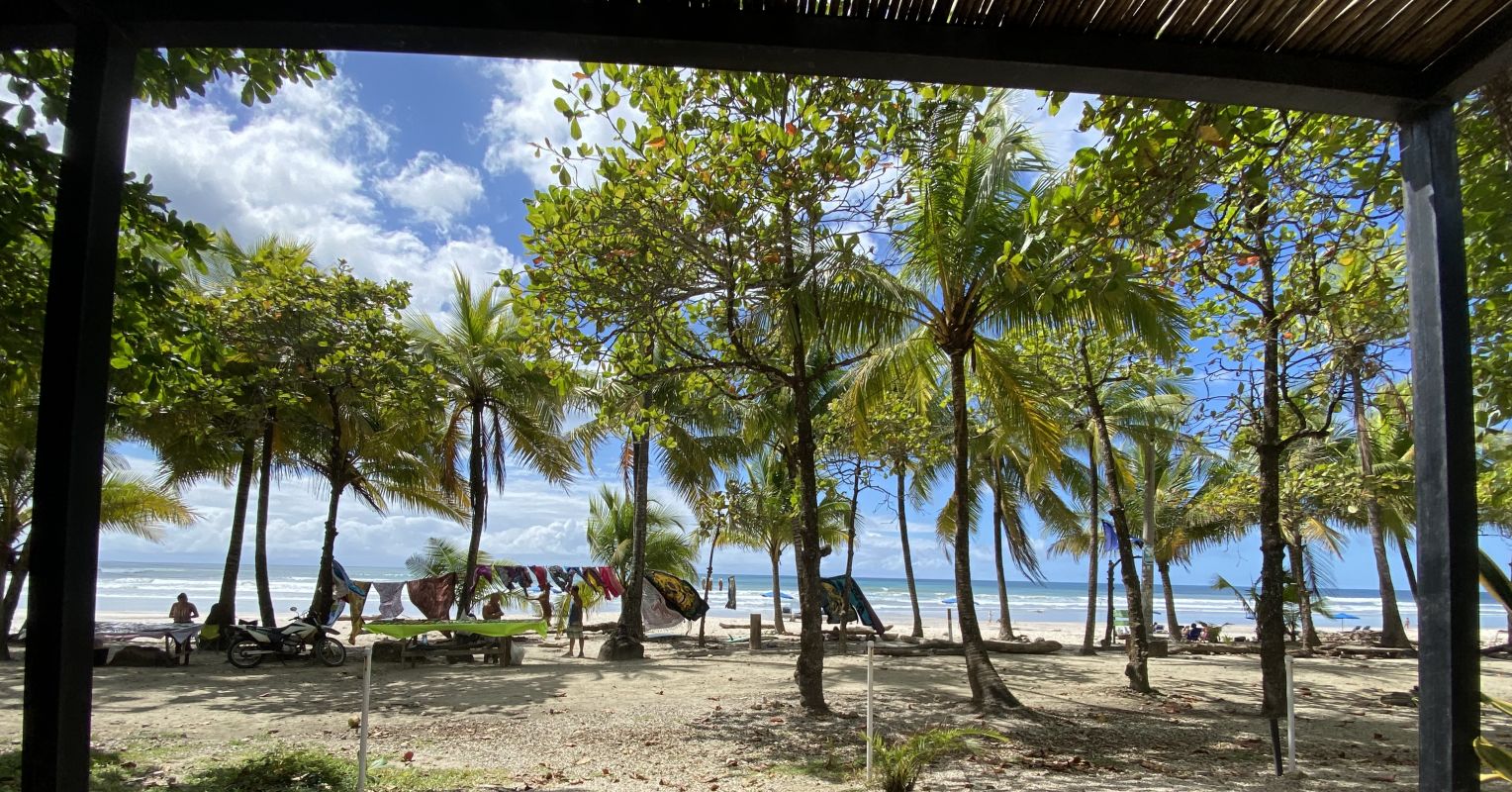
"I'm in Costa Rica, sweating through my shirt, and my friend (who's a psychiatrist, which sometimes makes conversations feel like ambush therapy) asks me what happiness is. I was mid-bite of something. Mango, maybe. I don't remember. What I remember is feeling confused by the question, which is strange because I think about happiness constantly. I've probably thought about it more than anyone should."
"For a long time, I thought happiness was just... winning. Getting the thing. The gold star, the job, the girl noticing me in seventh grade. Psychologists call this the " hedonic treadmill": We get what we want, feel good briefly, and then our baseline resets and we're chasing the next thing. It worked the way sugar works. Great for 10 minutes, then you feel worse than before."
"And then my mom died when I was 18, and happiness became this thing I couldn't even remember the shape of. I don't think I actually felt happy again until my 30s. Even then, it wasn't like I found it. More like I stopped doing the things that made me miserable, and whatever was left over? That was close enough."
Happiness is often undermined by constant self-monitoring and the pursuit of achievements that only briefly raise baseline mood. Short-lived pleasures follow a hedonic treadmill: goals produce transient satisfaction, then craving returns. Personal grief can erase prior senses of happiness; recovery involved removing sources of misery rather than adding new pleasures. Compulsive caregiving, unrealistic expectations, and relationships that demand emotional labor must be subtracted to recover steadier contentment. True happiness appears less as a permanent state and more as a capacity to feel difficult emotions without flinching. Letting go of harmful patterns leaves room for a quieter, more resilient experience of well-being.
Read at Psychology Today
Unable to calculate read time
Collection
[
|
...
]